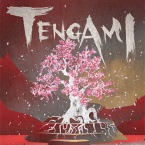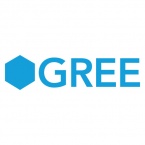We've crossed the T's, dotted the I's, and crunched the numbers; here are the top five stories of last week.
First off, we got chatting with GameDuell's Head of HR, Rüdiger von Hennig, to find out just how you should go about getting a job at the Berlin-based developer.
Which is probably a good thing, because last week news broke that GREE has cut 30 percent of its workforce from its San Francisco office.
Elsewhere, our IAP Inspector Matt Suckley drilled down deeper into how Clash of Clans-esque strategy game Siegefall monetizes.
We also took a closer look Zynga's launch statistics for Empires & Allies, and how Tengami made 90 percent of its $1.1 million sales on iOS.
Click on the link to the right to read the stories in full.
Click here to view the list »

















